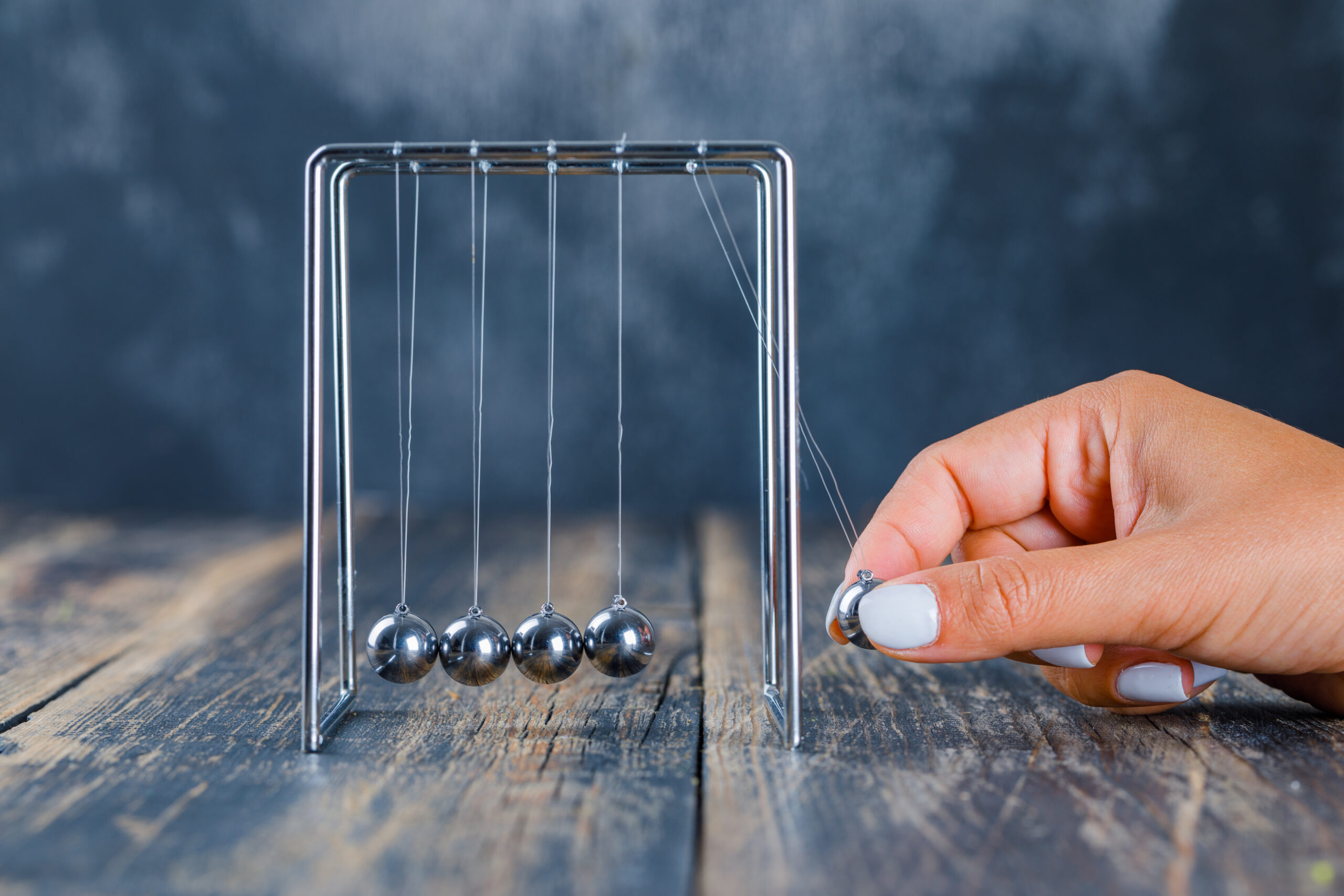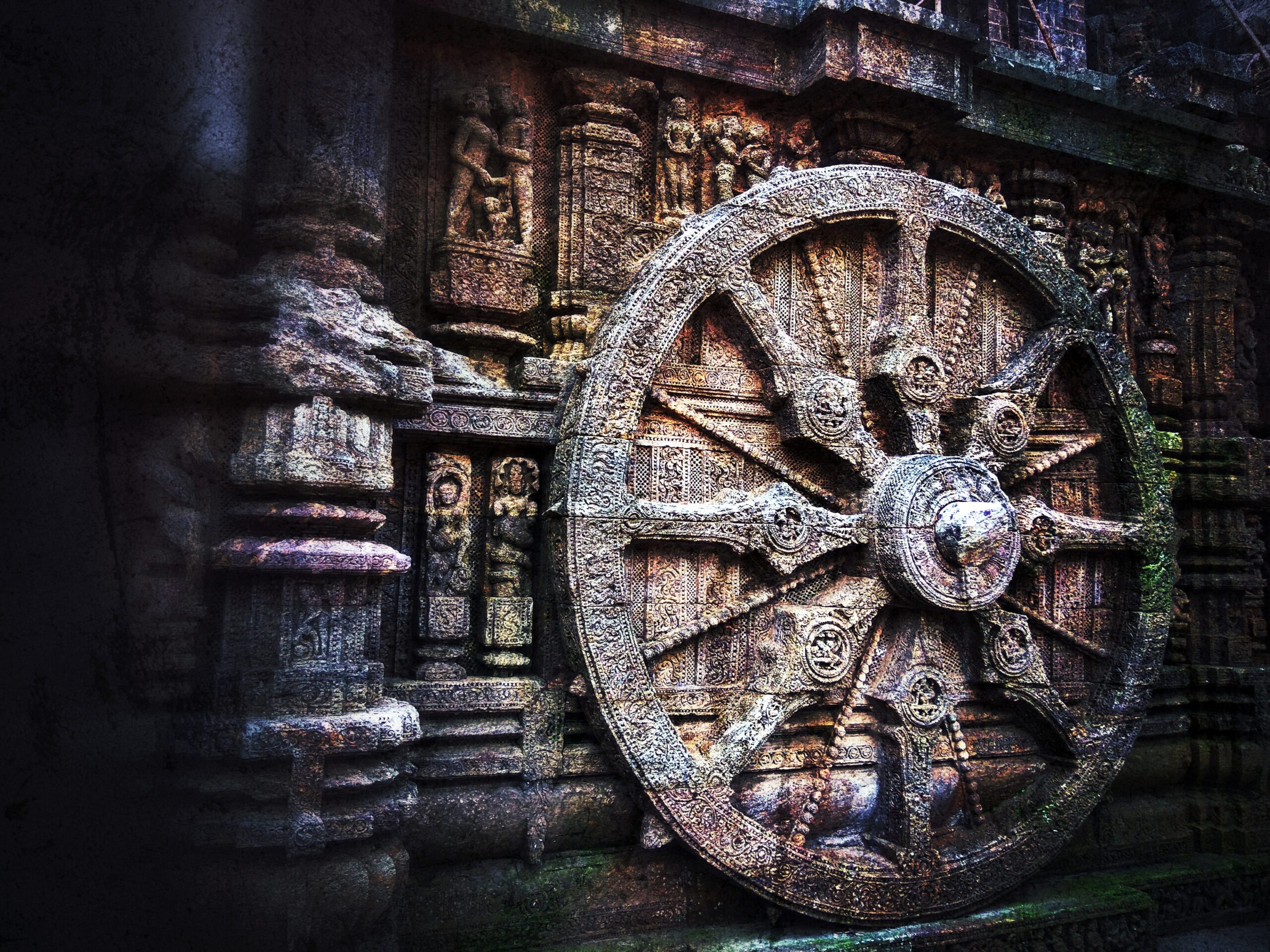Image on Karma by Miriam Espacio on Pexels
What is Karma
Karma finds its origin in the Sanskrit language, which means ‘actions.’ It has been widely explored in numerous religious and spiritual beliefs, including Hinduism and Buddhism. Karma is also mentioned in one of the 12 Universal laws, the Law of Cause and Effect, which says that everything you do and don’t do has an impact.
But karma is beyond your mere actions. What is karma? It is an assimilation of actions, thoughts, intent, and behavior that affect you based on the energy you have sent or are sending to others or the universe.
Before we delve into it, let’s first understand the types of Karma:
- Sanchita Karma: Sanchita Karma includes all your karmic energy from past lives. It is like the source of information for not just your karma and actions, but for the entire universe, right from the beginning of the life form in the atomic state. It is the knowledge repository of everything that has come to being so far.
- Prarabdha Karma: Prarabdha Karma is the karmic energy balance you are facing right now. Since we gather substantial karma through our past lives, settling everything (good or bad) in one lifetime is impossible. Parabdha karma is our opportunity to deal with a part of it in this lifetime.
- Agami Karma: Agami means what lies ahead in the future. All the karma you are creating now, at this moment, is known as Agami Karma. This karma offers you a choice to choose your future by taking charge of the present.
Creation of Karmic energy
Karmic energy is the memory of lifetimes. But what exactly constitutes this energy? It is a compilation of not just your actions, but also holds memory of your thoughts, energy, emotions, and body. Your unconscious reaction to various situations in life is a demonstration of those memories. Let’s take a detailed look at these energies.
Imagine this- you are walking down the street to your office. You see someone walking right in front of you fall down. What will be your immediate reaction? Will you immediately reach out and help, or would rather hurry up to the office because you are late? Your emotional memory is the reason behind your response in any situation.
All of us behave and respond to challenges and life differently. What may be a challenging moment for someone, can be looked upon as an opportunity for someone else. Professional failure or heartbreak may be pretty manageable for someone, but depressing and stressful for someone else. These shifts in perspectives are carried from our past lives, in the form of karmic memory, making us precisely who we are.
The karmic energy is not just limited to our mental and emotional energy but is also manifested in our physical bodies. Many therapists of past life regression believe that most of your birthmarks, critical physical ailments, or allergies represent traumas of past lives.
Does that mean we are bound to our past actions, most of which we don’t remember? The answer is No. While most of our unconscious action is driven by what already exists in our karmic memory, we can make conscious decisions to bring a shift.
Principles of Karma
In order to unearth ‘what is karma’, let’s delve into the factors and principles governing karma. There are numerous factors which influence karma, including the interconnectedness of souls, the purpose of reincarnation, life purpose, and your spiritual journey.
Unlike common belief, karma is more vast than the mere results of your individual action. Here are some principles governing karma:
1. Karma is an entanglement

Any sort of karma you have done or are doing right now has implications, not just for you but for everyone who is involved in it.
The act of wrongdoing will impact not just the person who is committing it but also the person who is at the receiving end. Let’s take an example of the most difficult relationship in your life right now or someone who has wronged you. It can be with your spouse, parents, colleagues, children, or friends. When either of the two people involved in any relationship continues to harm the other in the physical, emotional, or mental space, they create an unending cycle of karmic energy between themselves.
While breaking the endless cycle of give and take is challenging, you have the potential to break it with forgiveness. When you practice seeking and sending forgiveness to everyone around you, you create a doorway to negate all karma. Leveraging meditation to let go of these memories and their implications from the subconscious self is an effective way to your karmic freedom.
2. Karma is driven by your perception and intent
Karma isn’t black and white. The karmic balance of a murderer who kills someone for money is different from the soldier who kills someone to safeguard his country’s border. All acts undertaken by different individuals are driven by a purpose and their perception of the act, which further translates into karmic energy. As karma is nothing but the memory of all that was, it depends on how you perceive and store your actions.
Having said that, you can’t ditch karma. If you harm someone, you create bad karma, even if you continue justifying the act with reasons, logic, or beliefs.
Yet there are some gray areas. Is firing a non-performer at work bad karma? What if you want to move out of the relationship with the most loving person ever? The answer lies in your intent behind the actions. Any act with good intention and purpose turns into positive karma, while any act combined with guilt, anger, or resentment is negative karma. Make conscious decisions to transform your karmic balance.
3. Karma is beyond reward or punishment
Why do we face the impact of our previous karma? Unlike common belief, it isn’t to make us happy or sad with rewards and punishments but to offer us the opportunity to learn and grow. Your karmic energy is like the report card, if you fail in a subject you study it again. If you get a good score, you move to another lesson. The idea behind all that you face is to drive you through experiences that are best suited for learning the lessons of love, compassion, forgiveness, humility, togetherness, diversity, and inclusion.
If you are a believer of astrology or numerology or any such prediction practices, you would have heard of clear identification of what is and isn’t in your favor. Embrace all those karmic numbers and weak planets, for they are a representation of lessons in your life and your ticket to growth.
Reimagine your experiences and delve into the reasons behind them. If you have been facing challenges in dating or marriage, it is time to evaluate your action and belief system around relationships, instead of blaming anyone else.
4. Individual and Collective Karma
While a huge part of your karma is driven by your individual action, it doesn’t demonstrate your holistic karma. Since inter-connectedness and inter-dependency are the core of human evolution and soul journeys, it won’t be incorrect to say that collective karma is an amalgamation of human consciousness. Your choices, thoughts, intentions, and actions are influenced by the society at large, culture, and belief systems. With innumerable external factors, how can karma be merely personal?
So then, what is karma? At a little more micro level, it is believed that certain karmic energy runs in the family or ancestral lineage. That means an act of injustice or grave crime committed by your great-great-grandfather continues to impact you and future generations. In many Eastern cultures, thus, numerous rituals are performed for the ancestors’ liberation.
Collective karma is an unknown field, and we do not encourage you to revel in the reasons or understand what went wrong 500 years back. What is more important in the karmic balance is what you do today. Any karmic imbalance is bound to shift by simply breaking the cycle of the past and making conscious choices today. And as you do so, remember the impact it has is not just limited to you, but the entire consciousness.
5. Free will
If karma is entangling and limiting, free will is your key to transformation. Every moment brings a gift with itself, the gift of making a choice. Irrespective of your karma, you have the willpower to choose compassion over ruthlessness, forgiveness over hatred, and love over anger. While making a better choice may be more challenging due to past karma, the choice still remains.
You may realize that most people you work with are not smart, or you keep dating the worst people ever, or everyone seems to make you angry. Try to shift the not-so-good in your life and resolve to transform by adopting simple, easy steps at the beginning. Be kind to someone today, smile a little more often, and try to be more empathetic in your conversations. Practice gratitude and adopt affirmations, and you will begin witnessing a shift. While implementing this change may seem very challenging initially, the more you progress, the easier it will become.
Conclusion
The response to what is karma can be overly complicated and, at times, an unknown dimension. What you can be absolutely sure of is the time you have right now. The best way to manage karma is not to linger on what was or what can be, but to focus on what you create in the present moment.














